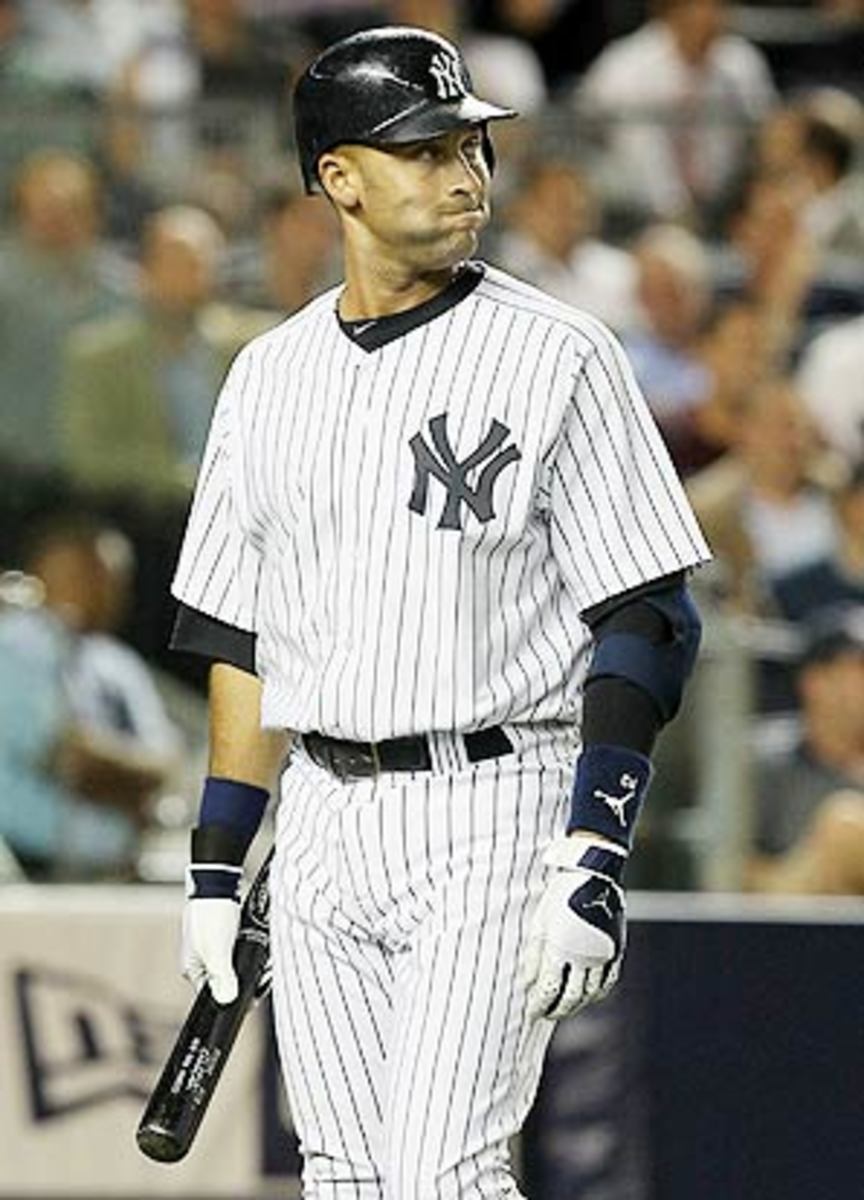Sorry aging superstars, but there is no fooling Father Time
Every star in every sport who's getting a little long in the tooth ought to be told what happened exactly 76 years ago today. Babe Ruth hit three home runs -- the last a monstrous blast that soared out of the stadium itself. Wow -- what a performance for a guy who was 40 years old.
But here's the more important truth: Five days later, Ruth played his last game. He was finished.
Athletes, you see, do not decline on a gentle, sloping curve. Rather, their skills wither jaggedly, so it's not uncommon for a fading hero to suddenly have one day when he plays as if he were back in the prime of his youth, a marvel once again. I've seen it so often. But, alas, it's only an accident of odds, an evening's triumph of muscle memory over athletic actuarial. The next day, the next game, age wins again. Only of course, the athlete has been seduced by the aberration -- See, I've still got it.
It's so hard for anybody who's been extraordinary at something glamorous to admit, as a relatively young person, that, "Now I'm passing on, too, just as even Babe Ruth did once." It's an even more difficult concession to make now in baseball, because, with performance-enhancing drugs, so many baseball players recently seemed to have Ponce de Leon as an agent.
Now, as always, we can see through the glass that some of the best are in various stages of decline.
Kobe Bryant was clearly a diminished presence for the Lakers in the playoffs, and Roger Federer has dropped down a step from the top of tennis. Could he win another major? Sure, if Federer got a good draw and got that one old-fashioned great performance in the finals. Maybe Tiger Woods can too, if his lower body isn't as battered as his emotions.
The most attention has been paid to Derek Jeter, whose celebrated slump actually made a front-page story in The New York Times. He then hit two homers in one game, though, and that seemed to convince Jeter and a lot of other folks that he had miraculously shucked off his baseball dotage.
But no: In all sports, the irrefutable models show again and again that once age begins to affect a player, the die is cast.
It takes a rare beast to accept that, though. Maybe the best example took place 22 years ago this week. Mike Schmidt of the Phillies, age 39, the greatest third baseman ever to play the game, had, for that time, a huge contract. But after just 42 games that season, he simply quit. Schmidt said bluntly that "I no longer have the skills." But how rare it is for great players to admit that they've lost that talent they've had all their wondrous lives.
So that one good day -- every now and then -- is a powerful cocktail to sustain the delusion -- See, I've still got it.
But he doesn't.






